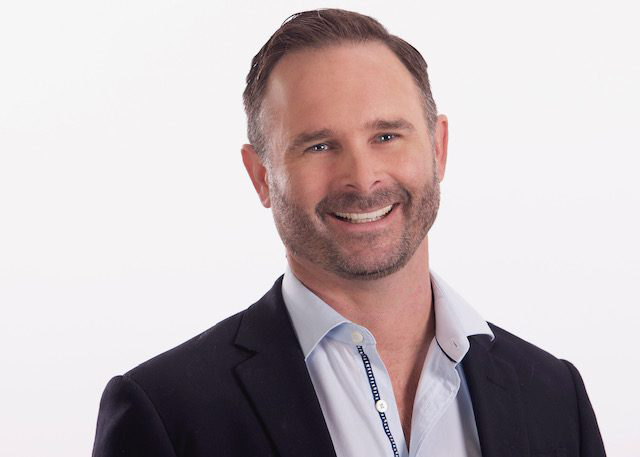The word therapy can bring forth great anxiety and dread. For many people who are seeking treatment for substance abuse, the thought of baring their vulnerabilities and life to complete strangers can be the stuff of nightmares. There are many myths and misconceptions about therapy that make people hesitant to enter treatment in the first place.
If you are about to enter treatment and are frightened about entering a therapy program, this article will help debunk the myths and misconceptions about therapy. If you are ready to take the leap of faith and enter drug treatment, SEE Purpose Treatment Center should be your first phone call. Our luxurious state-of-the-art treatment facility and detox center in Indianapolis features evidence-based programs that focus on healing your mind, body, and spirit.
Call us toll-free today and start living a life of recovery.
Debunking the Myths and Misconceptions About Therapy
In your search for treatment, you may have heard some horror stories surrounding therapy. While therapy is a necessary and important component of all treatment programs, many people want to keep therapy at arm’s length. While the prospect of therapy can be frightening, it is important to know there are many persistent myths about therapy. Once you address these myths and understand the truth about therapy, you will learn that therapy can help you find long-term recovery.
The following are the common myths and misconceptions about therapy and the real truth behind each myth:
Myth #1–Only “Unstable” People See Therapists
No one myth seems more persistent than the one stating the therapy is only for those who are “crazy.” The overwhelming majority of those in therapy are average people from all walks of life. Therapy is ideal for those people who simply are having problems dealing with everyday life and don’t have the coping skills and resources to resolve these issues on their own.
Myth #2–Therapy Is For The Weak
Another common myth about therapy is that therapy is only for weak people. Nothing could be further from the truth. In many respects, people who seek and receive therapy show remarkable bravery. They see their issues and see they cannot handle them on their own. Instead of being left to their own devices, people seek the help of professionals who are extensively trained to deal with people’s problems.
Myth #3–A Total Stranger Won’t Be Able To Help
How can a total stranger help if they don’t know me or my problems? The fact is therapists have no personal agenda and have no personal bias. They are there to hear your issues and give you objective and educated direction to solving those problems. Therapy can help introduce you to fresh perspectives and help you see other ways to address and solve your problems in a safe and non-judgmental environment.
Myth #4-You Need To Get Over Your Past
There is a common saying that the past is in the past and you need to “get over it.” The truth is that the past lays the groundwork for the present day. A therapist can help you make sense of what happened in the past and give you the coping skills and tools to shape a healthier future. Therapy helps you identify the patterns from the past that keep you stuck in your behaviors, and you can formulate strategies to minimize these obstacles in the here and now.
SEE Purpose Treatment Center Can Help You Restore Your Psychological Health
The struggle with substance abuse and mental illness is real. Don’t go another day without getting the professional help and support you need to get better. As a premier drug and alcohol rehab in Indiana, SEE Purpose Treatment Center offers drug treatment programs that are intensive, evidence-based, and personalized to meet your unique needs. We offer luxurious amenities and a safe, non-judgmental environment that allows you to heal and grow.
Begin your journey toward lifelong recovery and call SEE Purpose toll-free today to learn about our Indiana inpatient substance abuse treatment. The key to your well-being is just a phone call away.







